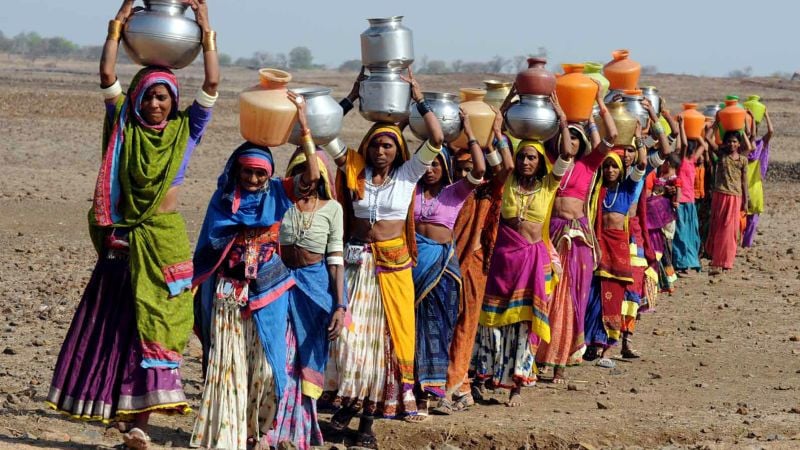Experts have emphasized the significant challenges faced by vulnerable communities due to climate change-induced natural disasters. They suggest comprehensive policies to mitigate these impacts, especially on women and the poor. These communities, already marginalized, are disproportionately affected by events like droughts and floods, leading to increased health risks such as undernutrition and malaria.
Experts highlight the urgent need for strategies to address the intricate relationship between human health and environmental hazards. For many impoverished populations, adapting to climate change is not a choice but a harsh reality. Research shows that the poor, especially in developing nations, suffer the most from climate variability and change.
To achieve successful public participation in climate change adaptation policy development, it is crucial to have an all-inclusive system involving all stakeholders, including vulnerable groups like women. Mainstreaming resilience-building measures for women into policymaking is key to reducing their exposure to the adverse effects of climate change, particularly floods.
Rapid industrialization and technological advances in agriculture have led to significant pollution of natural resources like land and water. This pollution, along with other environmental hazards, poses serious health risks.
According to the World Health Organization, about 13 million deaths annually are due to preventable environmental causes, with a disproportionate impact on developing countries. Women and girls are particularly affected, yet they are often excluded from conversations about building community resilience to climate change. Improving women’s access to resources can significantly increase agricultural productivity and help reduce world hunger.
Environmental degradation can lead to the spread of diseases like malaria and cholera, as well as the emergence of new viral diseases. Therefore, it is crucial to prioritize densely populated areas in policymaking. Safe drinking and bathing water in megacities are essential to prevent health risks associated with microbe contamination and high levels of poisonous nutrients in water sources.
Recently, the Ministry of Climate Change and Environmental Coordination assured support for the UN-led 29th session of the Conference of the Parties, highlighting the importance of global cooperation in addressing climate change challenges.




